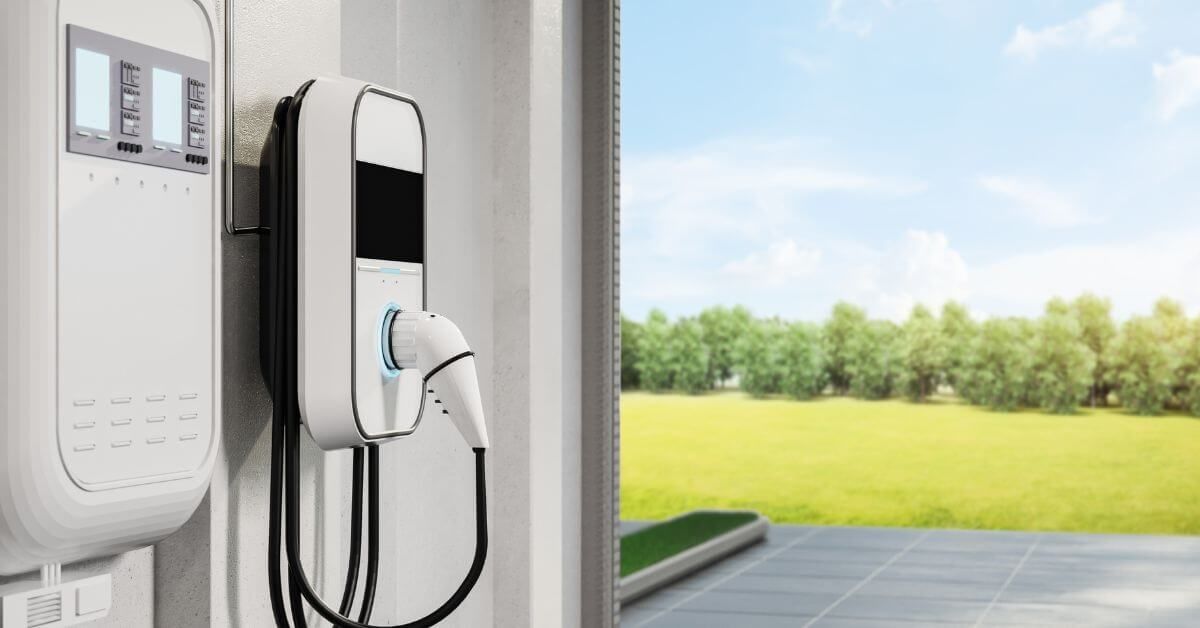Safety Tip: Electrical Installation Testing
Ensuring Safety with Regular Electrical Installation Testing
Regular testing and maintenance of electrical installations are essential for ensuring safety and effectiveness. In the UK, it's a legal requirement for all businesses and landlords to have their electrical installations tested periodically. This ensures compliance with regulations and helps identify any faults or potential hazards before they escalate.
Why Regular Electrical Testing is Crucial
Electrical installations, like any other infrastructure, degrade over time. Worn-out components, loose connections, and other issues can develop, potentially leading to serious safety hazards. Regular testing helps to:
- Identify faults early: Detecting issues before they become major problems can prevent costly repairs and ensure continuous safety.
- Ensure compliance: Adhering to legal requirements for periodic testing keeps businesses and landlords compliant with UK regulations.
- Enhance safety: Regular checks minimise the risk of electrical fires, shocks, and other hazards.
- Maintain effectiveness: Ensuring all electrical systems are operating efficiently can save energy and reduce costs.
A Case in Point
It's surprising how even professionals can make mistakes. During a routine Portable Appliance Testing (PAT) session, we stumbled upon a rather concerning oversight by a kitchen fitter. Instead of properly wiring the plug, they had inadvertently clamped a live cable onto the neutral terminal. This unfortunate error could have led to a dangerous short circuit if left unnoticed. It's a reminder of the importance of meticulous attention to detail in every aspect of electrical work.
Do's and Don'ts of Electrical Installation Testing
Do's
- Do schedule regular inspections: Ensure your electrical installations are tested periodically as per legal requirements.
- Do hire qualified professionals: Always use certified electricians for testing and maintenance.
- Do keep records: Maintain documentation of all inspections and tests for compliance and future reference.
- Do address issues immediately: Act promptly on any faults or potential hazards identified during testing.
Don'ts
- Don't ignore warning signs: Flickering lights, tripping circuits, and unusual odours should not be overlooked.
- Don't attempt DIY fixes: Electrical repairs should only be conducted by professionals to ensure safety.
- Don't delay testing: Regular testing is crucial; delaying it can increase risks and non-compliance.
- Don't overlook the importance of PAT: Portable Appliance Testing is equally important and should be part of your routine checks.
The E.R Electrical Difference
At E.R Electrical, we understand the importance of these checks in maintaining the safety of your premises. Our Electrical Installation Testing services are designed to provide peace of mind by ensuring that your electrical systems are up to date and operating safely. Just like regular health check-ups are vital for your well-being, periodic electrical testing helps safeguard against potential risks and ensures the ongoing reliability of your electrical infrastructure. Trust us to keep your installations in top condition and compliant with regulations.









